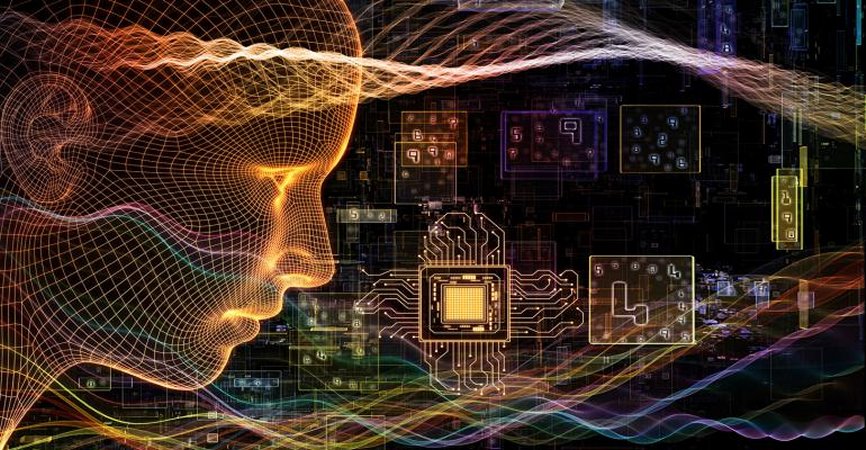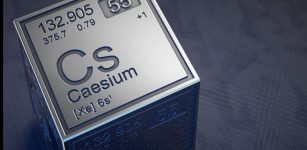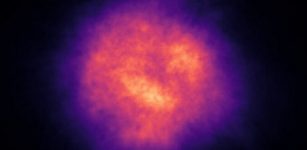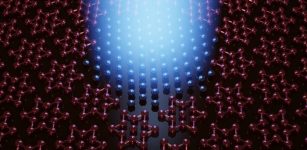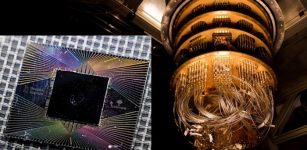If The Human Brain Is A Quantum Computer We Will Find It Out – Scientists Say
MessageToEagle.com – Despite countless of studies, there is still plenty we don’t know about the human brain. Is there a connection between our brain and quantum physics?
Some scientists have suggested the human brain can in fact be a quantum computer. Scientists ask whether it actually possible that humans are quantum computers, rather than just clever robots who are designing and building quantum computers.
There are so many aspects of the human brain that remains unexplained.
Quantum mechanics, which deals with the behavior of nature at atomic and subatomic levels, may be able to unlock some clues. And that in turn could have major implications on many levels, from quantum computing and materials sciences to biology, mental health and even what it is to be human.
Many researchers think we still understand what consciousness is or where it comes from. Today some physicists suspect that, whether or not consciousness influences quantum mechanics, it might in fact arise because of it. They think that quantum theory might be needed to fully understand how the brain works.
In another article published on MessageToEagle.com we discussed whether our brain is a holographic machine existing in a holographic universe. It’s a theory put forward by Stanford brain researcher and the quantum physicist, Dr. Karl Pribram, who was long puzzled by a perplexing question of how and where memories are stored in the brain. Did they possess specific locations in the brain?
While trying to figure out where in the brain memories are located, he found that the human brain is holographic. He found that memories are not preserved in any particular part of the brain, like books lying on the shelves, but were rather spread out or distributed throughout the brain as a whole.
See also:
In Higher Dimensions We Could See Past, Present And Future Events Simultaneously
Theoretical physicist Matthew Fisher, who works as scientific director of the new Quantum Brain Project (QuBrain) at University of California, Santa Barbara is now determined to find out if our brain is a computer. He will do so through rigorous experimental tests. Fischer has identified a precise—and unique—set of biological components and key mechanisms that could provide the basis for quantum processing in the brain.
With $1.2 million in grant funding over three years from the Heising-Simons Foundation, Fisher will launch the QuBrain collaboration at UCSB. Composed of an international team of leading scientists spanning quantum physics, molecular biology, biochemistry, colloid science and behavioral neuroscience, the project will seek explicit experimental evidence to answer whether we might in fact be quantum computers.
If quantum processes exist in the brain, researchers can shed new light on how the brain works, which might lead to novel mental health treatment protocols.
“If the question of whether quantum processes take place in the brain is answered in the affirmative, it could revolutionize our understanding and treatment of brain function and human cognition,” said Matt Helgeson, a UCSB professor of chemical engineering and associate director at QuBrain.
MessageToEagle.com

